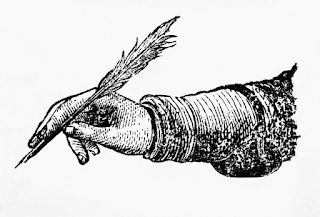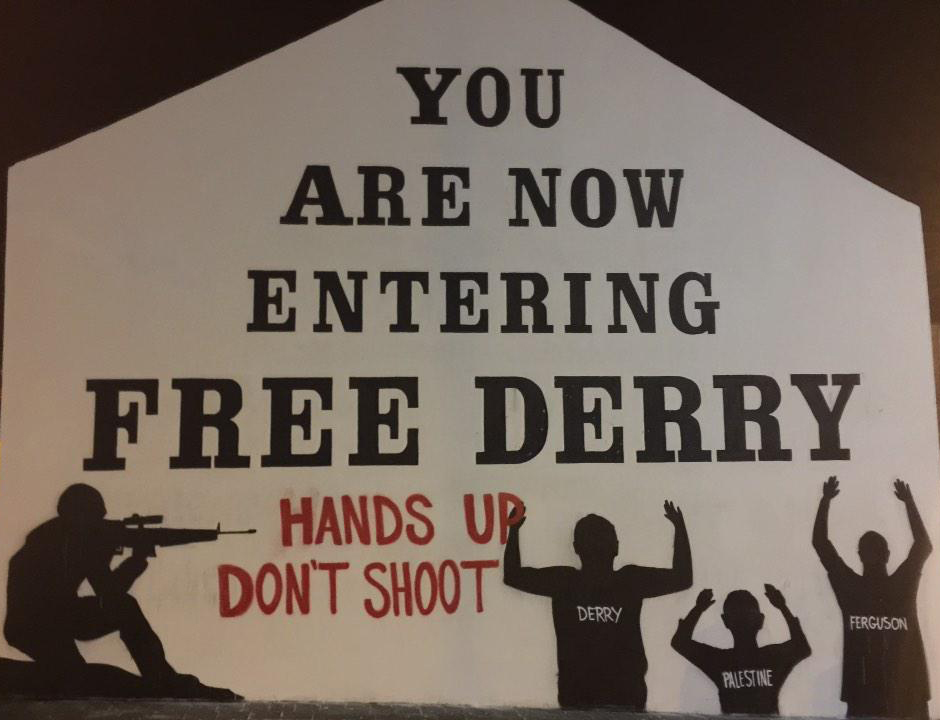Information Clearing House ✒ The Grayzone editor Max Blumenthal produced one of the first comprehensive surveys of Israeli training of US local and federal law enforcement officials in the following article published by Al Akhbar English in 2011.)
| Max Blumenthal 15-June-2020 |
In October, the Alameda County Sheriff’s Department turned parts of the campus of the University of California in Berkeley into an urban battlefield. The occasion was Urban Shield 2011, an annual SWAT team exposition organized to promote “mutual response,” collaboration and competition between heavily militarized police strike forces representing law enforcement departments across the United States and foreign nations.
At the time, the Alameda County Sheriff’s Department was preparing for an imminent confrontation with the nascent “Occupy” movement that had set up camp in downtown Oakland, and would demonstrate the brunt of its repressive capacity against the demonstrators a month later when it attacked the encampment with teargas and rubber bullet rounds, leaving an Iraq war veteran in critical condition and dozens injured. According to Police Magazine, a law enforcement trade publication, “Law enforcement agencies responding to…Occupy protesters in northern California credit Urban Shield for their effective teamwork.”
At the time, the Alameda County Sheriff’s Department was preparing for an imminent confrontation with the nascent “Occupy” movement that had set up camp in downtown Oakland, and would demonstrate the brunt of its repressive capacity against the demonstrators a month later when it attacked the encampment with teargas and rubber bullet rounds, leaving an Iraq war veteran in critical condition and dozens injured. According to Police Magazine, a law enforcement trade publication, “Law enforcement agencies responding to…Occupy protesters in northern California credit Urban Shield for their effective teamwork.”
Continue reading @ Information Clearing House.













